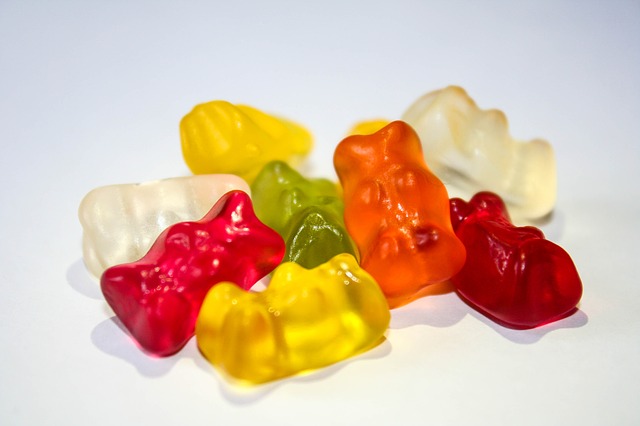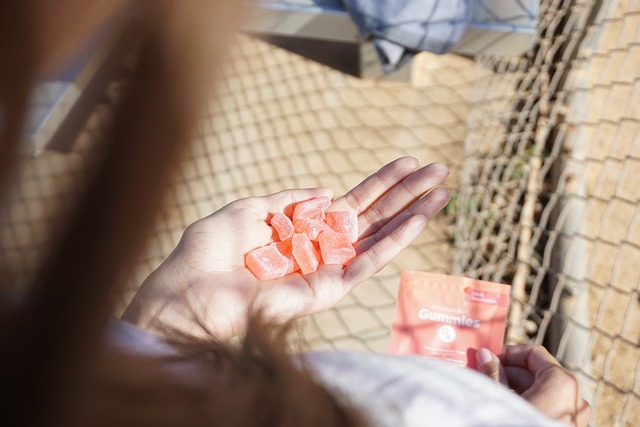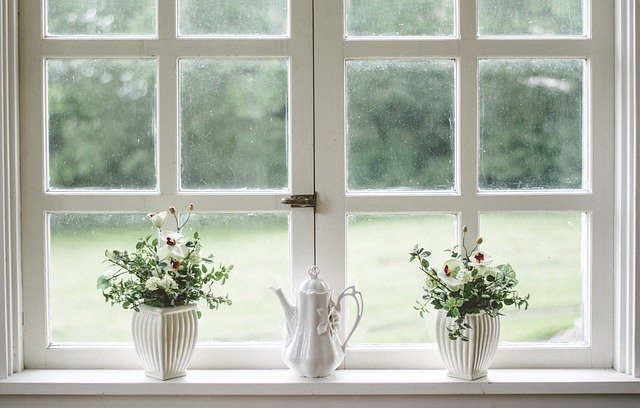
Image Credit: SilviaRita from Pixabay.
Winter has already set in, and many people are already feeling the effects. Alongside feeling the chill outside, you’ve likely felt it inside, too.
If you’re like most other people, you’ve likely turned on the heating to counteract this. That’ll likely lead to higher bills than normal.
While many people are fine with that – it’s the cost of keeping yourself warm – many people would rather that it wasn’t so expensive. They’d want to keep the cold out of the house without spending too much.
You may be in this position. You mightn’t know how to keep your home warm without breaking the bank, however.
There are a few tips and tricks you can use to do so. You wouldn’t need to sit there feeling the cold.
Instead, you could take advantage of a few minor strategies.
How To Keep Your Home Warm Without Breaking The Bank
Have A Programmable Thermostat
One of the first steps in figuring out how to keep your home warm is to get a programmable thermostat. The device will give you much more control over your heating.
You wouldn’t need your home to be heated the same amount throughout the day. You’ll need it turned on higher during the evening hours than the afternoon, for example.
Being able to decrease your heating at certain points offers several advantages. The most notable is that it’ll save you some money.
The warmer your home is, the more energy that’s needed for it. That increases your energy bills. On the flip side, the lower the temperature, the less energy that’s needed.
Using a programmable thermostat lets you balance cost with warmth.
Install a Heat pump instead of conventional furnace
As Home Service Heroes Notes – heat pumps are technically more energy efficient because they can transfer more energy than they use. A heat pump can transfer 300 percent more energy than it consumes under ideal conditions. A high-efficiency gas furnace, on the other hand, is approximately 95% efficient. Because heat pumps are powered by electricity, you can significantly reduce your fuel consumption.
Besides, you won’t have to spend money on two appliances because heat pumps can also be used to replace air conditioners. Also, heat pumps produce more cool and warm air by volume than the energy required to operate them. They are also easier to maintain because the technician will inspect both parts of the system during the twice-yearly maintenance to ensure everything is running smoothly.
Consider Getting A Propane Tank
One of the more effective ways to reduce your heating bills is by getting a propane tank. These can be more affordable than being connected to a main supply. Additionally, you could look for a reliable supplier (like the ones available at discount-propane.com) who can refill your propane tank for you on a regular basis. This could solve your indoor heating problems to an extent.
With these, you can also keep much more of an eye on how much you’re spending. You’ll have multiple options of where to get these from.
Comparing options can be an effective way of lowering your heating costs. It’ll also be more than effective at keeping your home warm.
There can be multiple other benefits to getting these. You can learn more here.
Spin Your Ceiling Fans The Opposite Way Around
Most of the homes may have an air conditioner that might help when you’re sweating too much because of the heat. If at all your air conditioner is facing issues, the Comprehensive HVAC services in Manassas, VA or wherever you’re based could help in the maintenance of these appliances. It’s also likely that you have some ceiling fans. As everyone knows, these are designed to keep you cool during the warm days. That’s not the only thing it can do. It can also help heat you up during the colder days. That’s surprising to many people.
It can be quite effective, however. To take advantage of this, you’ll need to reverse the ceiling fan’s rotation. There should be a button on the fan to do this.
Once this is done, the fan will spread warm air around the room rather than cold air. As minor as this might seem, it can be more effective than you’d think.
Rearrange The Furniture
Moving around the furniture might seem obvious. Quite a few people overlook it, however. You’ll need to move your furniture to the warmer parts of your house.
Moving sofas away from the windows and up against a wall, for example, will let you feel the chill less. The same can be said for beds and other large pieces of furniture.
You should also keep them away from radiators. If they’re too close, you could prevent warm air from flowing around the room.
Being close but not too close can be an effective way of going about this.
Don’t Forget About Drapes
Your drapes contribute much more to your home’s warmth than you might think. You should take full advantage of this.
During the daytime, you should make sure that they’re open. That lets the sun in, which will provide a certain heating benefit.
That’ll be free, and you’ll be sure to feel the impact. Remember to close the drapes at nighttime. If you don’t, the heat could escape through the windows.
You could also consider getting insulating drapes. While these typically cost more than their standard alternatives, they’ll be more than worth it.
Some studies have shown that the more insulated a window is, the more you’ll save on heating bills. The insulated drapes will end up paying for themselves and even saving money long-term.
That alone can be more than enough of a reason to get them. You can also get them in various styles, so you’ll have no problem matching them to your decor.
Stop Rapid Cycling
Rapid cycling is when a heating system repeatedly turns on and off. That typically occurs within quick succession and can happen quite regularly.
It also costs you more money than you’d think. In many cases, it happens when your thermostat notices a specified change in temperature.
You can prevent this relatively easily. You’ll likely find that the thermostat is programmed to turn on if it notices a temperature drop of one or two degrees.
That’ll lead it to turn on, heat your house by the same temperature, and shut back down. With the minimal heating change, that can happen multiple times a day.
You can adjust your thermostat’s temperature quite easily. When you do, you should change its cycle-rate adjustment. The setting focuses on when the system should turn on or off.
Giving this a larger range, such as five or six degrees, will prevent rapid cycling. It’ll also avoid the costs associated with the system turning on and off repeatedly when it doesn’t need to.
How To Keep Your Home Warm: Wrapping Up
If you don’t know how to keep your home warm without breaking the bank, you could spend a significant amount of money on energy bills. They could be much higher than you’d want.
That could throw your budget out of whack. Avoiding that could be a priority for many people. Using the above tips and tricks will be more than helpful.
There are multiple other ways that you can keep your home warm without spending a lot of money. While it’ll take some effort, it’ll be more than worth it.
You’ll keep your home warm year-round and should see an overall reduction in energy and heating bills.







